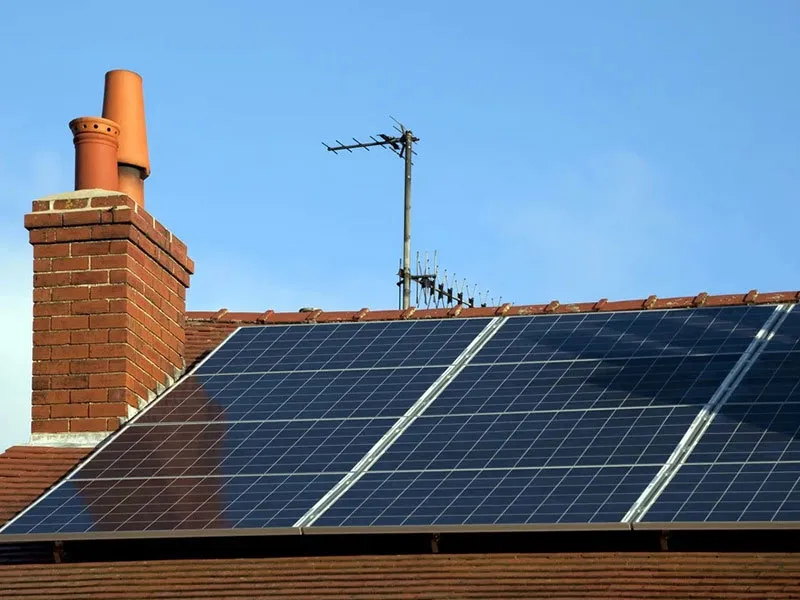solar panel setup for home
Setting Up Solar Panels for Your Home A Comprehensive Guide
As the need for renewable energy sources grows, many homeowners are considering solar panel installations to harness the power of the sun. Solar energy not only reduces electricity bills but also decreases your carbon footprint, making it an eco-friendly choice. If you're contemplating a solar panel setup for your home, this guide will walk you through the essential steps and considerations.
Understanding Solar Panels
Solar panels, also known as photovoltaic (PV) panels, convert sunlight into electricity. They consist of multiple solar cells made of silicon, which generate a direct current (DC) when exposed to sunlight. This DC electricity is then converted into alternating current (AC) via an inverter, making it usable for home appliances and the electrical grid.
Assessing Your Energy Needs
Before diving into the installation process, it's crucial to assess your home's energy consumption. Review past utility bills to determine your monthly electricity usage. This assessment will help you gauge how many solar panels you'll need. A typical home might require anywhere from 15 to 30 panels depending on its energy consumption and the local solar production potential.
Site Evaluation and Orientation
The next step involves evaluating your property’s solar potential. Ideally, solar panels should be installed on a south-facing roof that receives ample sunlight throughout the day. It’s important to consider any potential obstructions such as trees, buildings, or chimneys that could cast shadows on your panels. A professional solar installer can conduct a detailed site assessment to determine the optimal installation location.
Choosing the Right Solar System
There are different types of solar panel systems, including grid-tied, off-grid, and hybrid systems
.1. Grid-Tied Systems These are connected to the local electricity grid and allow you to utilize solar power when available while pulling from the grid during periods of low sunlight. They often require net metering, allowing you to earn credits for excess energy produced.
2. Off-Grid Systems Perfect for remote locations, these systems store energy in batteries for use when solar production is low. However, they can be more expensive due to the battery storage requirements.
solar panel setup for home

3. Hybrid Systems Combining features of both, these systems offer the flexibility of using grid power and battery backup.
Selecting Solar Panels and Inverters
When choosing solar panels, consider their efficiency, warranty, and durability. High-efficiency panels might cost more initially but can generate more energy over their lifetime. Additionally, ensure you select a reliable inverter since it plays a crucial role in energy conversion. There are string inverters, microinverters, and power optimizers, each with its own advantages.
Installation Process
Once you’ve decided on the type of system and equipment, it’s time for installation. While some homeowners may be tempted to go the DIY route, professional installation is often recommended. Solar installers ensure that panels are optimally placed, securely mounted, and connected to your electrical system in compliance with local regulations.
Financial Considerations and Incentives
Investing in solar panels can be significant, but various incentives can offset costs. Many governments offer tax credits, rebates, and financing options for solar energy systems. In the United States, the federal solar tax credit allows homeowners to deduct a percentage of the installation costs from their federal taxes.
Maintenance and Monitoring
Once your solar panel system is installed, maintenance is minimal, primarily consisting of keeping the panels clean and free from debris. Regular monitoring is essential to ensure that your system is performing efficiently. Many solar inverters come with monitoring software that allows you to track energy production.
Conclusion
Setting up solar panels for your home can be a rewarding investment that not only contributes to environmental sustainability but also offers long-term financial savings. By understanding your energy needs, choosing the right system, and working with professionals, you can successfully transition to solar energy and enjoy the benefits it brings. Embrace the solar revolution today, and illuminate your home with the power of the sun!
-
String Solar Inverter: The High-Efficiency Solution for Smart Solar EnergyNewsJul.14,2025
-
Revolutionizing Rooftop Energy with the Power of the Micro Solar InverterNewsJul.14,2025
-
Power Independence with Smart Off Grid Solar Inverter SolutionsNewsJul.14,2025
-
On Grid Solar Inverter: Powering the Future with Smart Grid IntegrationNewsJul.14,2025
-
Monocrystalline Solar Panels: High-Efficiency Power for the Future of Clean EnergyNewsJul.14,2025
-
Bifacial Solar Panel: A Smarter Investment for Next-Generation Energy SystemsNewsJul.14,2025







